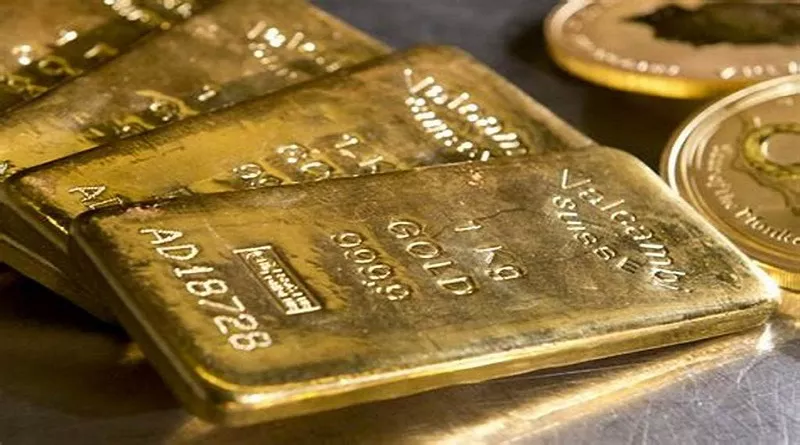Gold has always held a special allure for investors as a store of value and a hedge against economic uncertainties. When it comes to investing in gold, two popular options are spot gold bullion and gold exchange-traded funds (ETFs). Both offer exposure to the price of gold, but they differ in terms of accessibility, ownership, and logistics. In this article, we’ll compare spot gold bullion and gold ETFs to help you determine which is the right choice for your investment goals.
Spot Gold Bullion: Tangible Ownership
1. Physical Ownership
Spot gold bullion involves the direct purchase and ownership of physical gold in the form of coins or bars. When you invest in spot gold, you own a tangible asset with intrinsic value. Holding physical gold can provide a sense of security and control over your investment.
2. Safe Haven
Physical gold is often considered a safe haven asset, particularly during times of economic uncertainty or market volatility. Investors turn to gold for wealth preservation and as a hedge against inflation and currency devaluation.
3. No Counterparty Risk
Investing in spot gold eliminates counterparty risk, as there’s no reliance on financial institutions or intermediaries. You own the gold outright, reducing exposure to potential financial system disruptions.
Gold ETFs: Convenience and Liquidity
1. Accessibility
Gold ETFs are financial instruments that track the price of gold and are traded on stock exchanges. They offer investors easy and cost-effective access to gold without the need to physically store or secure the precious metal.
2. Liquidity
Gold ETFs provide high liquidity, allowing investors to buy and sell shares at market prices throughout the trading day. This liquidity can be advantageous for short-term trading or portfolio adjustments.
3. Diversification
Gold ETFs often hold a diversified portfolio of gold assets, providing exposure to a broader range of gold-related investments, including futures contracts and mining stocks. This diversification can help mitigate specific risks associated with individual gold assets.
Spot Gold Bullion vs. Gold ETFs: Making Your Choice
1. Investment Objectives
Your investment objectives play a crucial role in deciding between spot gold bullion and gold ETFs. If you seek long-term wealth preservation and a hedge against economic instability, physical ownership of gold may align better with your goals. On the other hand, if you prefer flexibility and liquidity for short-term trading or portfolio diversification, gold ETFs might be more suitable.
2. Risk Tolerance
Consider your risk tolerance when choosing between the two options. Spot gold bullion eliminates certain risks associated with financial markets but introduces the responsibility of safe storage and security. Gold ETFs, while convenient, come with market-related risks that can lead to fluctuations in share prices.
3. Storage and Costs
Factor in the logistics and costs associated with each option. Owning physical gold requires secure storage, potentially in a bank vault or a specialized facility, which can incur expenses. Gold ETFs involve brokerage fees and management expenses, which can affect your overall returns.
FAQs on Spot Gold Bullion vs. Gold ETFs
1. Are there tax implications when investing in spot gold bullion or gold ETFs?
Tax implications can vary based on your location and specific investment circumstances. In many regions, the taxation of physical gold and gold ETFs differs. It’s advisable to consult with a tax advisor or financial professional to understand the tax implications relevant to your situation.
2. Can I convert my gold ETF holdings into physical gold bullion?
Some gold ETFs offer the option to exchange your shares for physical gold, but this process may come with fees and minimum requirements. Check with the specific ETF provider for details on their redemption procedures.
3. How does the price of gold ETF shares relate to the spot price of gold?
Gold ETF share prices generally closely track the spot price of gold. However, factors like management fees and supply and demand for ETF shares can cause slight deviations from the spot price. Traders and investors can monitor these price relationships for trading opportunities.
In conclusion, the choice between spot gold bullion and gold ETFs depends on your investment objectives, risk tolerance, and logistical preferences. Physical gold offers tangible ownership and security, while gold ETFs provide convenience and liquidity. Carefully evaluate your goals and circumstances to make an informed decision that aligns with your investment strategy.

